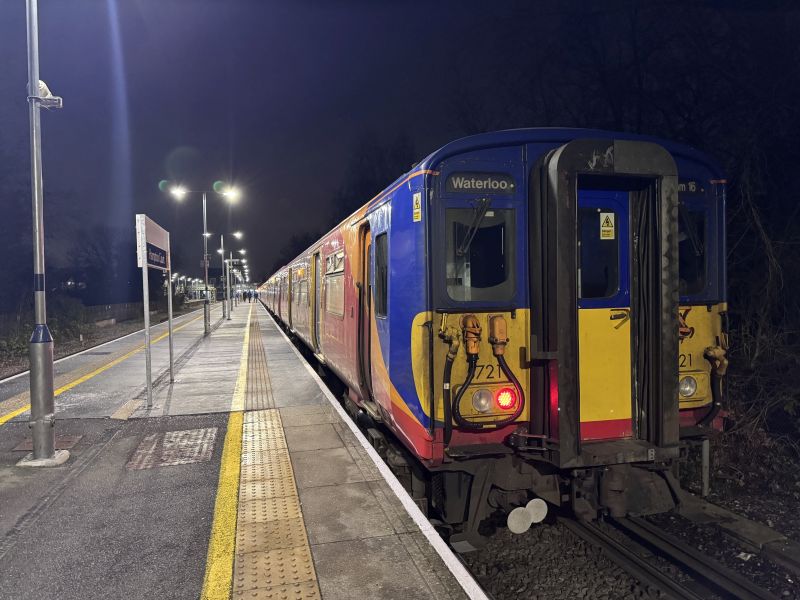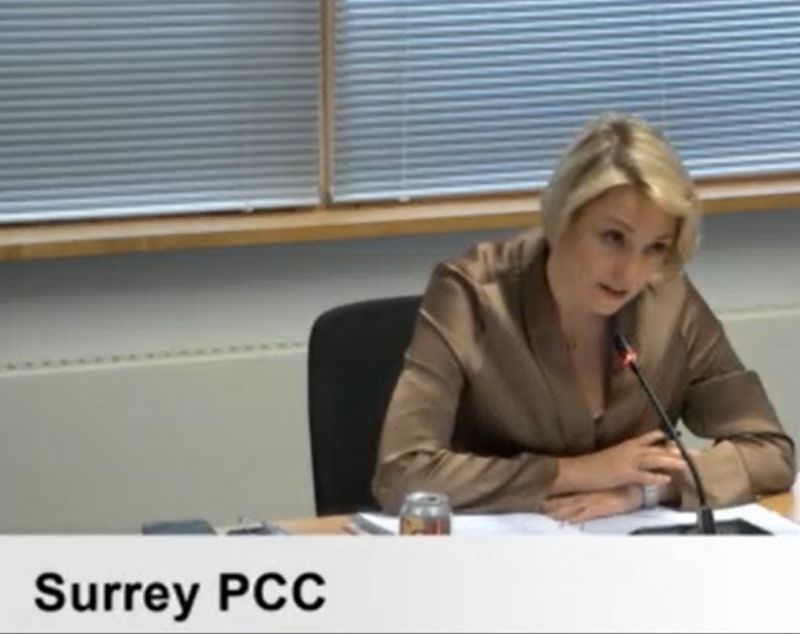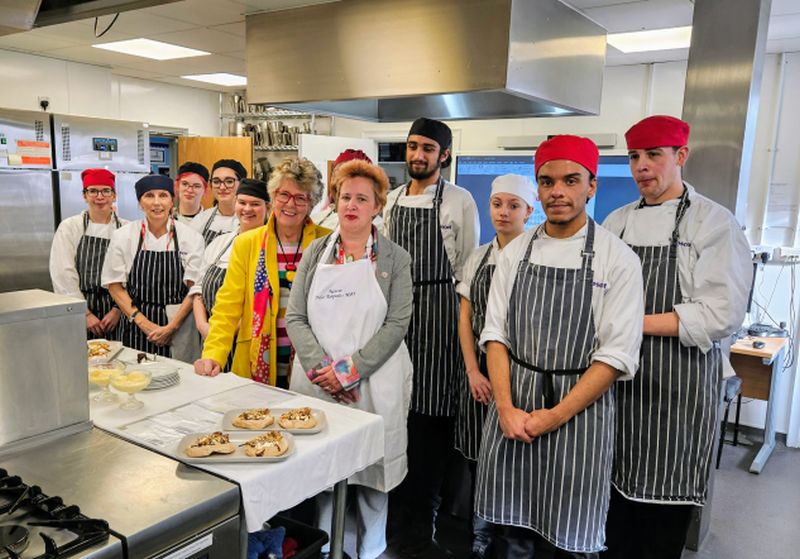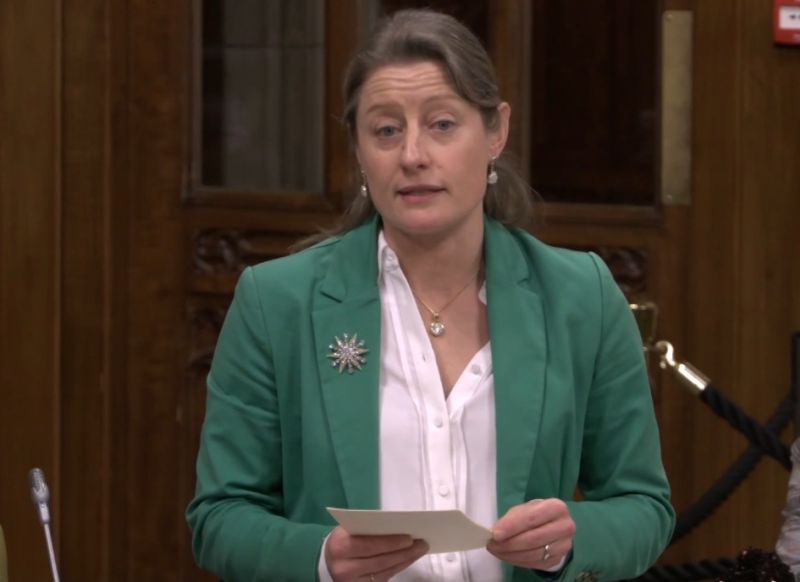Epsom and Ewell Considers New Community Councils as Local Government Shake-Up Looms
Epsom and Ewell Borough Council (EEBC) will meet Thursday, 26 June for an extraordinary session to decide whether to launch a formal Community Governance Review (CGR)—a move that could lead to the creation of one or more Community Councils across the borough.
The proposal comes in direct response to the Government’s initiative to abolish all 11 borough and district councils in Surrey, along with Surrey County Council, and replace them with fewer, larger unitary authorities. The Government is currently considering submissions for either two, or three new unitary councils for the county. The Government may still impose a single authority for the whole County. A decision is expected in autumn 2025.
If the borough and county councils are dissolved—as is widely anticipated in April 2027—Epsom and Ewell would be left as one of the few areas in Surrey without a “lower-tier” of local government unless it acts now to establish one. Unlike many other parts of the county, Epsom and Ewell is currently “unparished”, meaning it has no town or parish councils. The proposed Community Councils would fill that void.
What is a Community Council?
Community Councils are parish councils in all but name, capable of levying their own precept (a share of Council Tax) and taking on responsibilities such as managing parks, allotments, bus shelters, community centres, and street lighting. They may also act as local voices on planning applications and community development.
The proposal is for either:
- One Community Council to cover the whole borough, or
- Two Community Councils dividing the borough between East and West, with four different boundary configurations under consideration.
Maps, population data, and details of council assets in each option form part of the public consultation package.
Consultation and Timeline
If Full Council agrees to proceed, the CGR would begin in July 2025 with a twelve-week public consultation. The review process must be completed within 12 months if it is to inform the April 2027 reorganisation.
A second round of consultation will follow in early 2026, with a final decision due by June 2026. If approved, elections to the new Community Councils would be held in May 2027.
A £300,000 budget has been allocated to fund the consultation and planning stages, to be drawn from EEBC’s strategic priorities reserve.
What Would These Councils Do?
Community Councils could inherit some of the Borough Council’s functions and assets. However, this would depend on detailed financial and legal planning. Transfers of property and responsibilities would need to comply with any restrictions imposed under a potential Section 24 Direction—special powers the Secretary of State may use to restrict councils from disposing of assets in the run-up to local government reorganisation.
Significantly, the new councils would be able to raise funds independently through a local precept. While this could enable more responsive services, it also raises concerns about an increased financial burden on residents—particularly if a higher precept replaces services that were formerly funded by EEBC without any direct local taxation.
Too Many Layers?
One of the central arguments for creating large unitary authorities is to streamline governance, eliminate duplication, and reduce the cost of running multiple layers of local government.
But the creation of Community Councils risks reintroducing those layers, potentially replacing one borough council with both a unitary authority and one or more new Community Councils beneath it. Some have questioned whether such a system would actually reduce costs at all—especially if a new strategic authority is also established to coordinate policy between two or more unitary areas of Surrey.
Critics warn of a complex and potentially costly patchwork: unitary authority, strategic body, and newly-formed parish councils—all with their own budgets, meetings, officers, and elections.
EEBC, however, is keen to preserve a strong local voice. In a statement, Council Leader Cllr Hannah Dalton said:
“We’re navigating the biggest change in local democracy for more than 50 years. We want to make sure that, whatever the outcome of local government reorganisation, the voices of our residents and local communities continue to be heard in years to come – this is a vital element of local democracy.” Epsom and Ewell Times 28/05/2025.
What Happens Next?
Should the Council vote to proceed on Thursday, residents will be invited to participate in shaping the future of their local governance. A dedicated consultation website will go live in early July, with drop-in events, online surveys, and stakeholder workshops planned through to September.
Further updates will be provided via the Council’s social media and through local publications, including the Epsom and Ewell Times.
Have Your Say
Residents will be asked:
- Whether Community Councils should be created
- Whether there should be one or two (or more) such councils
- What functions they should perform
- How they should be funded
- What boundaries make the most sense
More information is available at www.epsom-ewell.gov.uk and by emailing: cgr@epsom-ewell.gov.uk
Related reports:
Epsom and Ewell Borough Council out – Community Council’s in?
Surrey’s partner organisations support county council plans for local government reorganisation
Surrey Councils launch Local Government Reorganisation engagement
Surrey’s BIG debt question in local government reorganisation




















